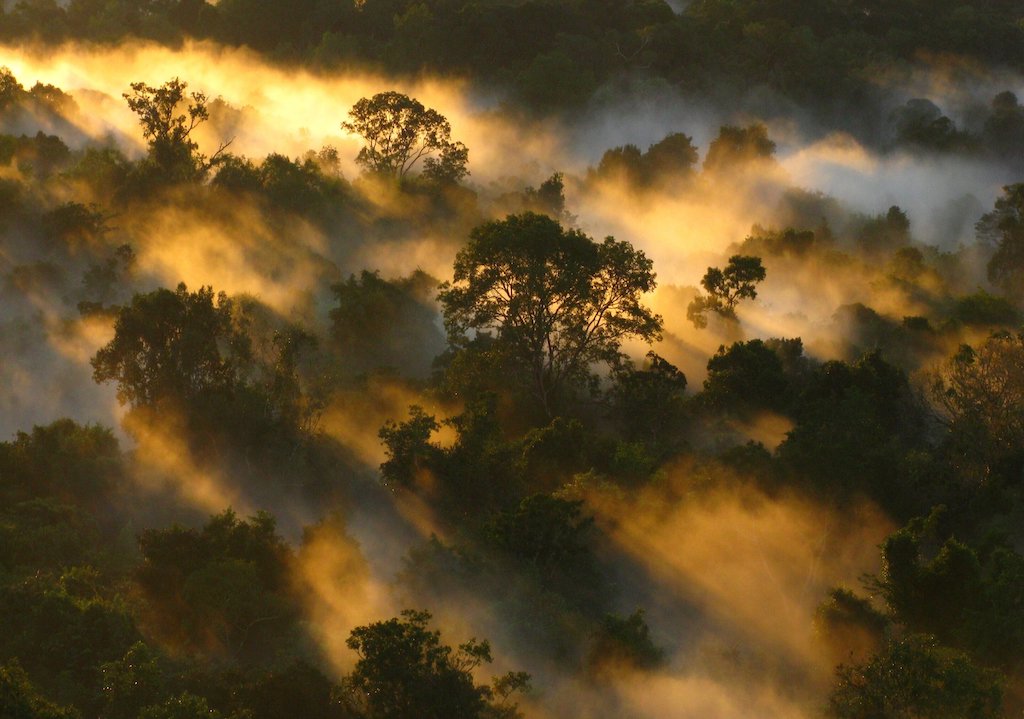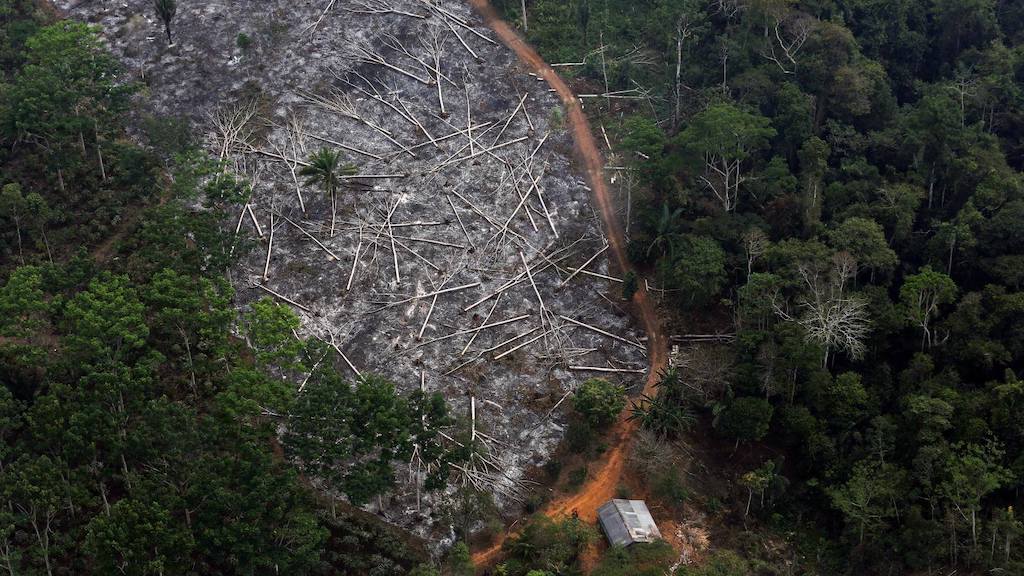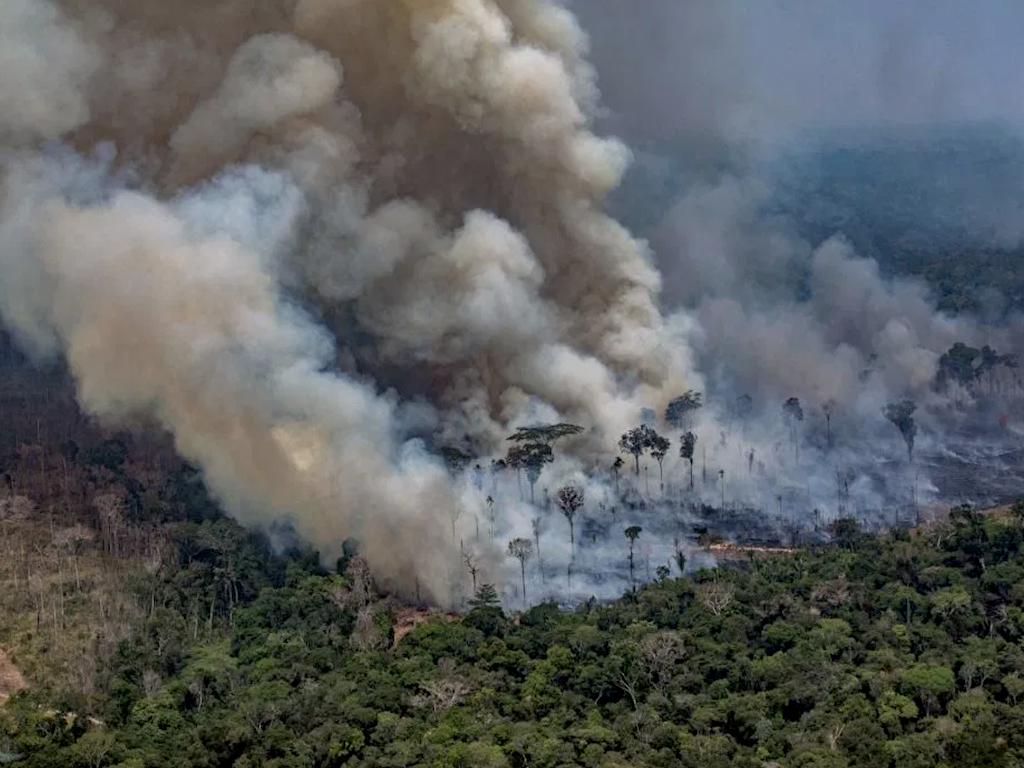4 Mins Read
A new scientific study has revealed that our tropical rainforests are losing their ability to absorb carbon, which will bring forward the prospect of climate breakdown to the near future. According to the researchers, continued deforestation and destructive anthropogenic activities has reduced the amount of carbon dioxide absorbed by forests so much that the Amazon rainforest could turn into a source of emissions into the atmosphere by as soon as the next decade.
Intact tropical forests are a crucial carbon sink that helps to slow down global heating by removing carbon from the atmosphere and sequestering it in trees – a vital resource that will soon disappear. Published in the journal Nature, new research has found that our tropical forests are losing their ability to absorb carbon dioxide from the atmosphere due to sustained damage from deforestation by loggers, farming interests in animal agriculture and the impact of the climate crisis.
The study, which saw contributions from 100 scientists globally, predicts that the decline of forests’ carbon absorption capacity will mean that the Amazon rainforest – the world’s largest rainforest – could become a source of greenhouse gas emissions within the next 10 years. Scientists say that if this happens, the consequences of the climate crisis will become much more disastrous and deadly than current estimates.
“One of the most worrying impacts of climate change has already begun. This is decades ahead of even the most pessimistic climate models,” said Simon Lewis, professor of geography at Leeds University and senior author of the paper, in conversation with the Guardian.

The results were compiled by scientists who tracked 300,000 trees over 30 years, providing a landmark large-scale sample of evidence in the decline in carbon uptake by forests. They measured the diameter and estimated the height of trees across African and Amazonian rainforests, and repeated the process every few years to calculate the amount of carbon stored in the trees that managed to survive over the decades.
The research reveals the dramatic fall of the amount of carbon absorbed by the few tropical forests still intact on the planet. Steadily falling over the past 3 decades, forests are now taking in a third less carbon than they did in the 1990s. The main culprits of the change is due to global heating driven by ever-rising amounts of human-caused carbon emissions, deliberate deforestation by loggers and cattle ranchers, and climate-induced disasters such as drought.
Scientists say that this downward spiral is likely to continue, owing to the continued exploitation of forests from humans and the threat of unabated climate change as countries fail to cutback on greenhouse gas emissions.
“Humans have been lucky so far, as tropical forests are mopping up lots of our pollution, but they can’t keep doing that indefinitely. We need to curb fossil fuel emissions before the global carbon cycle starts working against us,” Lewis said.

This study highlights that relying on tropical forests and tree-planting offsetting projects are unlikely to be able to counteract the effect of increasing greenhouse gas emissions. This means that company pledges to go “net zero” by offsetting their emissions, such as BP and Delta Air Line’s recent announcements, will probably fail to have a real impact in combating climate crisis unless significant action is taken on their most carbon-intensive activities, which include pumping out coal, oil and gas and using jet fuel.
It follows other research that have warned about the planet nearing the “tipping point” – a point at which multiple climate disasters may overlap and trigger a cycle that eventually leads to the global collapse of humanity altogether. World scientists have reiterated that in order to avert disaster, governments and businesses must take urgent action now, and most crucially eliminate fossil fuels as soon as possible.
Lead image courtesy of AFP.




